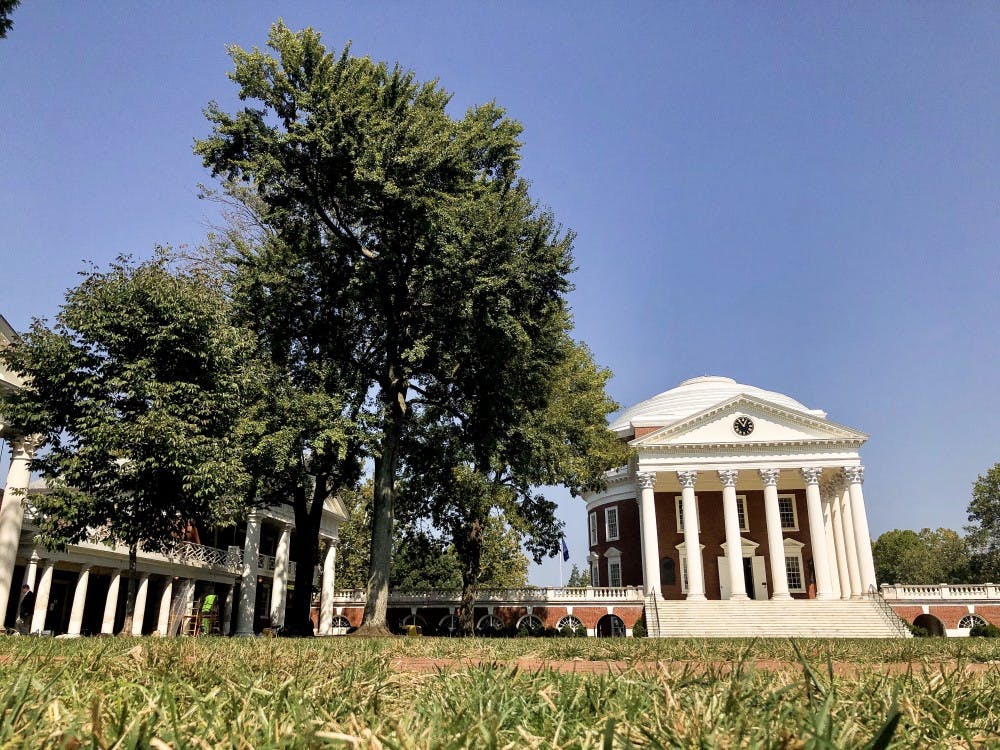The University holds a lot of property throughout the City of Charlottesville. Given the high value of its properties, a 2012 C-VILLE Weekly analysis found, the University should pay millions each year in property taxes, but by state code academic institutions are exempt from their property tax burdens.
Fortunately, the University — which is firmly committed to being “Great and Good,” a “strong partner with, and good neighbor to, the Charlottesville region” — makes some payments to the City of Charlottesville on properties considered to be “non-educational" in the form of “service charges.” However, in 2010, the University reportedly only paid the City of Charlottesville $33,026.
That’s not missing a decimal. The University didn’t come even close to meeting its fair property tax obligation to the City of Charlottesville. That’s both a pittance and an insult, and the University needs to be a better partner to the Charlottesville community.
The University’s failure as a partner to our community is especially salient with respect to Charlottesville’s affordable housing crisis — we need more housing and every non-residential building U.Va. owns replaces potential housing stock. Paying taxes on its untaxed buildings could in part offset that effect, because the city can use the additional funds for investments in affordable housing programs.
Proponents of the exemption argue forcing the University to pay property taxes would put a serious financial burden on the school, which would then be passed to the students through higher costs. That could be true, but only if the University was pressed for cash — which is simply not the case. The school’s most recent budget appropriates a total of $3.7 billion for the year — a several-million dollar annual payment to the City of Charlottesville, for example, would constitute an increase of less than a third of one percent. It’s not like the University doesn’t have places it could conceivably spend less.
Moreover, this argument ignores other universities across the country that make payments to their municipalities in lieu of property taxes.
Other proponents of the exemption might note that the University makes priceless contributions to the Charlottesville community — it brings jobs, a hospital and certainly adds indirectly to the city’s coffers through tourism and local business spending. This may well be true, but the University similarly profits from the Charlottesville community and culture, which has been built for years by the same non-U.Va. residents who are being pushed out by rising rents. To ensure that Charlottesville is growing equitably for everyone, the University needs to do more for the community than to simply exist.
The University can make this right by paying its fair share to the City of Charlottesville — and it could go above and beyond as a neighbor by making significant investments in workforce housing, wages and a blossoming regional transit partnership. But it’s fallacious to think the University can pay its way voluntarily into being a good neighbor. We need to change the law.
Payments in lieu of taxes are definitionally voluntary, and a change in the University’s financial circumstances could lead to a change in payments. Charlottesville Mayor Nikuyah Walker said prudently in March that basing budget decisions on uncertain surpluses is not a responsible way to design the city’s budget. “I don’t know how you all run your budgets at home, but it’s based on what’s coming in and what’s going out,” Walker said. “I don’t think you say I hope my grandfather gives me an infusion of cash this year … That’s not how people run their budgets.”
For the same reason, the city can’t reliably plan to make adequate investments in public transportation, affordable housing and environmental preservation — things the University alleges to support — without a firm guarantee that U.Va. will chip in. Based on the University’s past failures to support our community with financial resources, it’s hard to imagine the Board of Visitors agreeing to fund its payments for a long enough period to guarantee stability in the city’s budget.
To keep U.Va., and universities throughout Virginia, committed to preserving their communities, the Virginia General Assembly must repeal the educational property tax exemption. Any halfway measure that relies on the voluntary goodwill of the University lacks the permanence and stability our community deserves.
Jake Gold is a fourth-year in the College and served as a News Editor during the 129th term of The Cavalier Daily. He currently runs the Charlottesville Democratic Party’s coordinated campaign for Charlottesville City Council.







